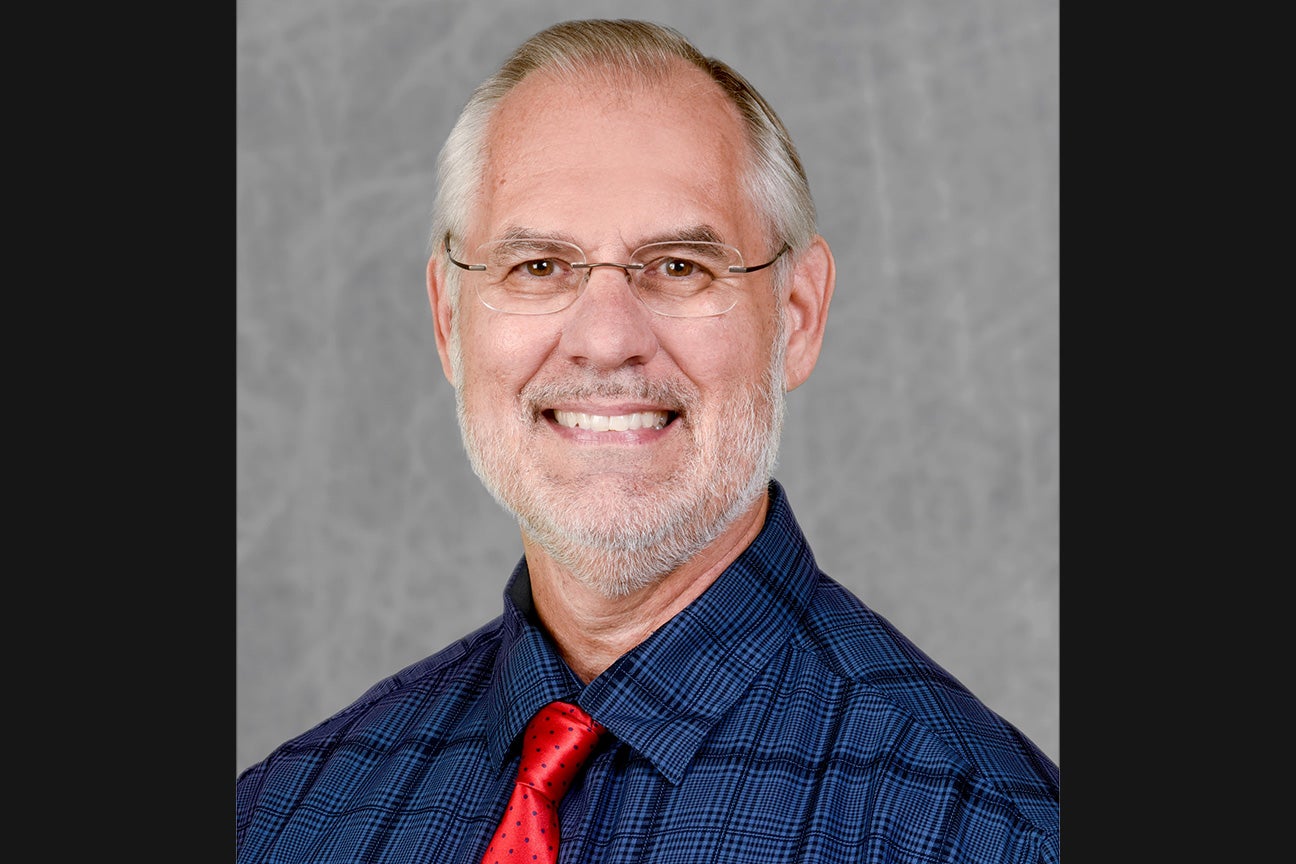You Decide: Are we in for a strong economic recovery?
Published 7:18 am Wednesday, July 1, 2020

- Dr. Mike Walden
|
Getting your Trinity Audio player ready...
|
By Dr. Mike Walden
My best friend at N.C. State University was a physicist. We had much in common. We were both transplants from the North. Our spouses taught elementary school. We were passionate baseball fans. He grew up in New England, so he rooted for the Boston Red Sox, while I cheered for the team of my birthplace, the Cincinnati Reds. We also enjoyed weightlifting at the Hillsborough Street YMCA in Raleigh.
My friend has been retired for over a decade. He’s amazed I’m still working, soon starting year 43. Before he retired, my friend – whose specialty was water dynamics – developed models for predicting the number and severity of hurricanes each season. Around this time each year he’d be receiving a lot of media attention.
We used to tease each other about who had the better track record for their forecasts – he for the number of hurricanes, or me for predicting the direction of the economy. After a couple of years of poor forecasts by my friend, I told him I was now going to expect the opposite of what he said; that is, if he expected an active hurricane season, I would assume a mild season, and if he said mild, I would anticipate active!
My friend is probably laughing now about the latest big missed forecast by economists, including from yours truly. As most know, the economy has been weighed down by government orders closing businesses and restricting travel in order to limit infections, hospitalizations and deaths from the coronavirus.
As a result, national and state economies have suffered, with millions losing their jobs and signing up for unemployment compensation. In April, unemployment rates hit the mid-teens. When the May job numbers for the nation were released a couple of weeks ago, almost all economic forecasters saw millions of more lost jobs and an unemployment rate reaching 20 percent.
These predictions made sense given that most states didn’t begin softening restrictions on businesses and workers until late May. And even once some businesses reopened, it was widely thought people would be cautious and only slowly return to visiting stores and restaurants.
Well, economists were wrong – indeed, very wrong. Instead of millions – some economists thought as many as 8 million – of additional jobs being cut in May and the jobless rate soaring to 20 percent or above, the exact opposite happened. Nationally, 2.5 million jobs were added, and the unemployment rate went down, not up.
The good news continued in our state. Although the unemployment rate was the same in May as in April in North Carolina, during May almost 120,000 more individuals were employed than in the previous month.
First, let me say – and I think I speak for most economists – if I have to be wrong, I’d rather be wrong predicting a bad outcome and be surprised by a good outcome. Still, this mistaken forecast was a doozy. Why were most economists so off with their predictions?
First, we may have underestimated how anxious consumers were to get out and spend when they could. They had – what economists call – pent-up demand – meaning consumers were just itching to spend.
In addition, consumers had the ability to spend. Although unemployment has been high, the federal government supplemented state unemployment checks to make them comparable to – and sometimes better than – the income that many were receiving from working. Add to this the stimulus checks that most people received, and the situation is that many households have been flush with cash. When the opportunity came to spend some of it, they did.
Actually, the strong rebound in the economy during May is in line with the predictions of a few economists, one of them being Jason Furman, who was President Obama’s chief economic adviser for several years. Furman thinks there will be a rapid snap-back during the initial months of the economic recovery from the virus, but then followed by much slower growth.
So, what are we to think? Will the economy shoot upward like a rocket during the next several months? The problem for economists is we don’t have a previous playbook to follow. We’ve never had a recession that was mandated by the government in order to control a pandemic.
Plus, there are many balls in the air, and we just don’t know where they’ll land. How will cases and hospitalizations change as the economy opens and more people interact? If the answer is “badly”, will states have to reinstitute some restrictions? Also, will the virus return in the winter, and if so, how strongly? Finally, and perhaps most importantly, when will there first be a treatment available, and then – ultimately – when will a vaccine be perfected and ready to be used?
One factor is for sure. The coronavirus has caused permanent losses to the economy. We can’t recover all the sales, revenues and incomes that have been lost since February. Sure, the government has tried to fill the gap, but those funds were either borrowed from the future or created without any real substantive backing.
But a faster economic recovery will help. If everything works in the best way, the virus will soon subside and then vanish, allowing buying, jobs and incomes to come back. Then, a year from now, the coronavirus will be a bad memory.
Is his wishful thinking? You decide.
Dr. Mike Walden is a Reynolds Distinguished Professor and Extension Economist in the Department of Agricultural and Resource Economics at North Carolina State University who teaches and writes on personal finance, economic outlook and public policy.
FOR MORE COLUMNS AND LETTERS TO THE EDITOR, CHECK OUT OUR OPINION SECTION HERE.





